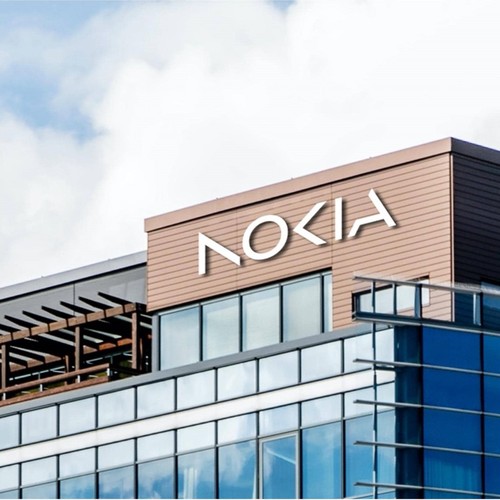Eurobites: Nokia settles with Apple over 'fundamental' 5G patents
Also in today's EMEA regional roundup: Cellnex takes full control of OnTower Poland; Swisscom offers Ericsson's indoor 5G extender to businesses; CityFibre lands Project Gigabit funding.

Also in today's EMEA regional roundup: Cellnex takes full control of OnTower Poland; Swisscom offers Ericsson's indoor 5G extender to businesses; CityFibre lands Project Gigabit funding.
Nokia has reached an agreement with Apple over patents relating to what the Finnish vendor describes as "fundamental inventions in 5G and other technologies." The new, multi-year patent license agreement – details of which remain under wraps – will replace the current license, which is expires at the end of this year. Nokia expects to recognize the revenue related to the new license from January 2024. Things weren't always so harmonious between the two companies: In 2016, Nokia sued Apple over 32 alleged patent infringements covering displays, user interface, software, antenna, chipsets and video coding. (See Nokia Sues Apple Over 32 Patents and With patents, Nokia and Ericsson batter phone makers with sales bans.)

(Source: Nokia)
Spanish towerco Cellnex has bought out Iliad's 30% share of OnTower Poland, the joint venture set up by Cellnex and Iliad in 2021 as part of Cellnex's acquisition of the network of around 7,000 sites from mobile operator Play in Poland. The deal is worth around €510 million (US$555 million). OnTower Poland currently operates 8,500 sites in Poland and plans to deploy up to 3,400 new sites between now and 2030. It also has a 20-year service provision contract with Play, extendable for additional ten-year periods.
Swisscom has plumped for Ericsson's Radio Dot System, which uses fiber and fiber hybrid cables to deliver power and data to active indoor antennas, to offer secure indoor 5G to small and midsized business customers such as retail stores and restaurants. Typically, says Ericsson, CAT6a cables are used for indoor 5G deployments. However, when using fiber instead, the reach of the cables increases almost 40 times, from 300 meters (around three soccer pitches in length) to 10km (almost 110 soccer pitches). The system is compatible with both single-operator and multi-operator (neutral host) indoor setups.
UK altnet CityFibre has landed £318 million ($403 million) of government funding for the extension of its fiber network to 218,000 homes and businesses across the English counties of Norfolk, Suffolk and Hampshire. CityFibre will invest £170 million ($215 million) of its own money in the project, which falls under the government's Project Gigabit scheme. Speeds of "up to" 10 Gbit/s are being promised. In the Suffolk part of the rollout, CityFibre has also agreed to provide a minimum of 30 free full-fiber connections and six months' worth of free Internet access to community centers.
Telenor has signed a ten-year power purchase agreement with Statkraft which guarantees that around 80% of the power bought for DNA, Telenor's Finnish subsidiary, comes from the new Palokangas wind farm that is due to begin operations in late 2024. Telenor has previously signed similar agreements for its Norwegian and Danish operations.
Enea, the Stockholm-based network traffic management company, has signed a $2 million deal with an unidentified service provider in North Africa. The agreement includes software licenses, professional services and product support.
— Paul Rainford, Assistant Editor, Europe, Light Reading
Read more about:
EuropeAbout the Author(s)
You May Also Like











